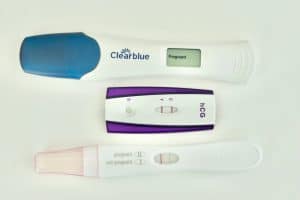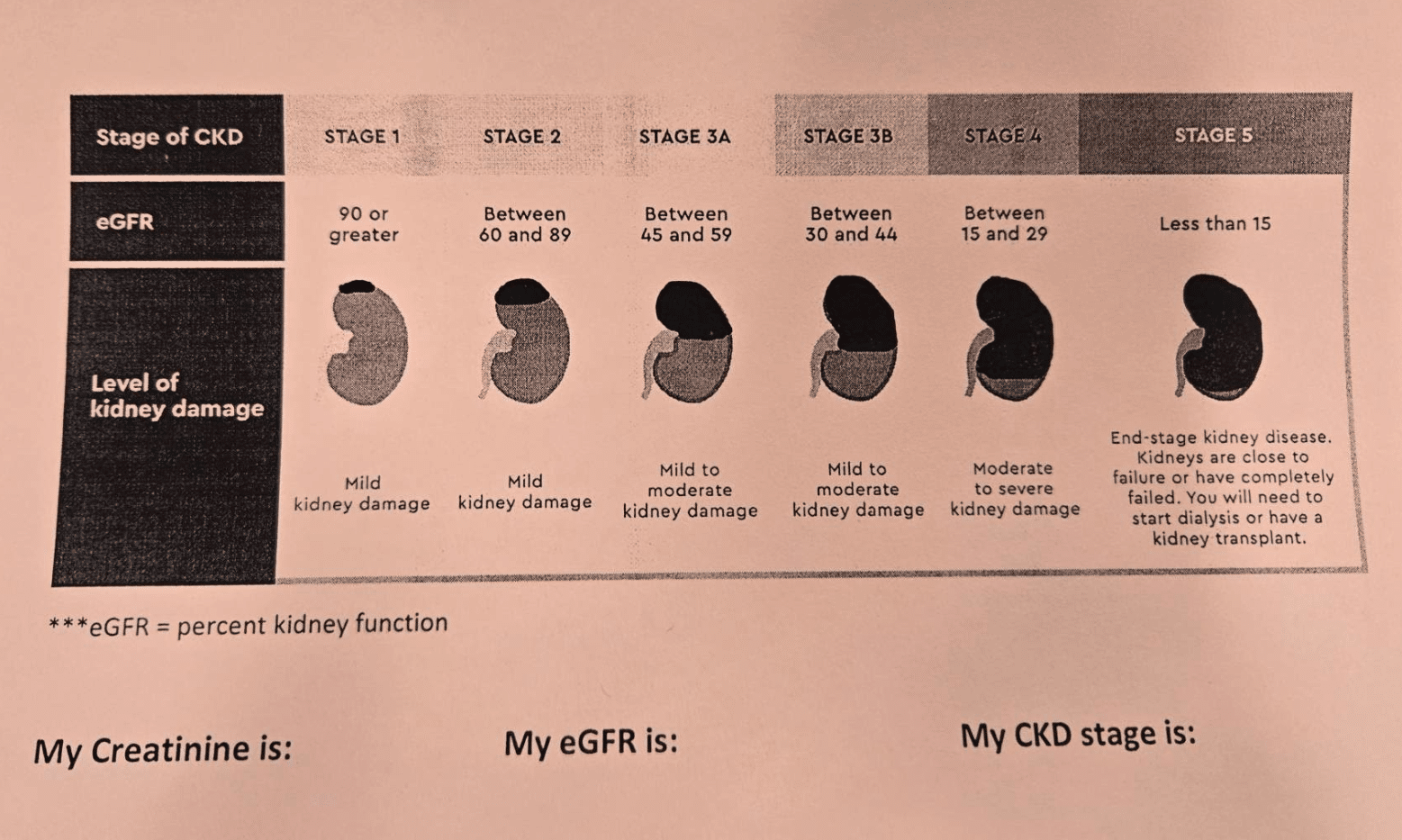Background: A pregnant woman, 38-years–old, with a history of high blood pressure, presents at 10 weeks’ gestation for hypertension in pregnancy.
The patient is taking labetalol and nifedipine. She planned the pregnancy. Prior to conception, her hypertension was well-controlled. It now reads 158/108 mm Hg. Her body mass index is 35. This is her first pregnancy.

Multiple family members have a history of hypertension.
Please answer the following questions:
What is causing her elevated blood pressure?
* Preeclampsia
* Eclampsia
* Gestational hypertension
* Chronic hypertension
* Normal, expected physiologic changes in pregnancy
Chronic hypertension
Chronic hypertension in pregnancy is defined as a systolic blood pressure of 140 mm Hg or higher starting before pregnancy or before 20 weeks’ gestation.
A
True
B
False
A True
The American College of Obstetricians and Gynecologists now suggests using a blood pressure reading of 140/90 mm Hg as the point to start or adjust medical treatment for chronic hypertension during pregnancy. This is a change from the previous recommendation of 160/110 mm Hg.
In normal pregnancy, blood pressure typically rises during the first trimester.
A
True
B
False
B False
In pregnancy, the blood pressure typically decreases during the first trimester. The blood pressure reaches a bottom point in the second trimester. High blood pressure in the first trimester is inconsistent with normal pregnancy changes.
The American College of Obstetricians and Gynecologists (ACOG) recommends a blood pressure of 140/90 mm Hg as the threshold for treating chronic hypertension in pregnant patients. ACOG no longer recommends a threshold of 160/110 mm Hg.
A
True
B
False
A True
The previously recommended threshold for blood pressure was 160/110 mm Hg.
A
True
B
False
A True
Antihypertensive treatment has been shown to prevent preeclampsia.
A
True
B
False
B False
Blood pressure therapy can reduce the risk of severe hypertension by up to 50% compared to placebo; however, it does not prevent preeclampsia.
Which condition is associated with proteinuria: gestational hypertension or preeclampsia?
Preeclampsia occurs after 20 weeks of pregnancy. It is associated with proteinuria and new onset hypertension.
Gestational hypertension does not present with proteinuria.
Discussion:
More nephrology content for your consideration:
Edema Treatment – On Steroids For Minimal Change Disease – Has High Blood Pressure – Test by Michael Aaronson MD, Lincoln Nephrology and Hypertension
Patient Quiz – On Lisinopril Before Pregnancy, Now Pregnant With Elevated Blood Pressure by Michael Aaronson, Lincoln Nephrology and Hypertension


